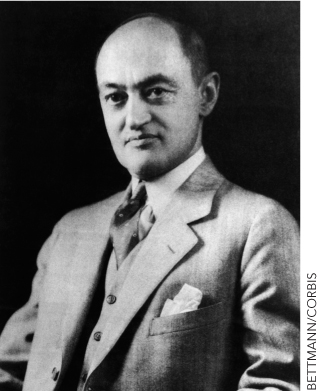Takeaway

Invisible Hand Property 1 says that by producing where P = MC, the self-interested, profit-seeking behavior of entrepreneurs results in the minimization of the total industry costs of production even though no entrepreneur intends this result. Invisible Hand Property 2 says that entry and exit decisions not only work to eliminate profits, they work to ensure that labor and capital move across industries to optimally balance production so that the greatest use is made of our limited resources.
The elimination principle tells us that above-normal profits are eliminated by entry and below-normal profits are eliminated by exit. Perhaps even more importantly, the elimination principle tells us that to earn above-normal profits, a firm must innovate.
Competitive markets do a good job of aligning self-interest with the social interest, but not all markets are competitive.